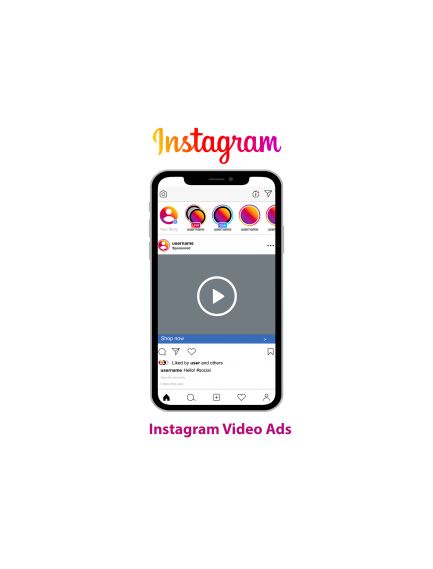The major challenges facing BtoC companies
Companies operating in the BtoC sector face increasingly complex challenges. Competition is fierce, and consumer expectations are changing rapidly.
Understand consumer behavior
Today's customers want more than just products and services. They're looking for a seamless shopping experience, efficient customer service and personalized interaction with the brand.
A well-designed website, visible customer reviews and an active presence on social networks have become indispensable for inspiring trust and customer loyalty.
Adapt your marketing and communications to BtoC
Companies need to adopt transparent, authentic communications to establish a relationship of trust with end-consumers.
This requires clear messages, an active presence on social networks and personalized interactions.
Digital marketing plays a key role: targeted campaigns, influencers and engaging content help attract and retain customers.
An effective strategy is based on listening to consumers' needs and promoting strong values, such as social responsibility and customer service quality.
Concrete BtoC challenges that companies need to anticipate
In the BtoC sector, companies face a number of challenges if they are to remain competitive.
From managing consumer expectations to building loyalty, anticipating these issues is essential to guaranteeing an optimal customer experience and standing out in a constantly evolving market.
Managing consumer expectations in terms of delivery and customer service
Consumers expect fast delivery and responsive customer service. A study has shown that consumer confidence in e-commerce is strongly influenced by the quality of service and the company's social presence.
BtoC trends in 2025 and beyond
BtoC is evolving rapidly, driven by new consumer expectations and technological advances. In 2025 and beyond, companies will have to adapt to growing demands for responsibility and innovation to deliver an ever more engaging customer experience.
The rise of responsible commerce and consumers' ethical expectations
Consumers are placing increasing importance on the environmental and social impact of their purchases.
They favor companies that adopt an ethical and sustainable approach, such as the use of recycled materials, reduced packaging or fair trade practices.
According to a Nielsen study, 73% of consumers worldwide say they are ready to change their consumption habits to reduce their environmental impact.
For brands, integrating these values into their digital marketing and communications has therefore become a real lever for differentiation and loyalty.
Discover the article on the best green ads.
The impact of new technologies on the customer experience
Artificial intelligence, augmented reality and chatbots are transforming the customer experience. These technologies enable greater personalization and real-time interaction, improving customer satisfaction and loyalty.
Adapt to BtoC changes to stay competitive
The BtoC business model is constantly evolving. Companies must adapt to new consumer expectations and technological advances to remain competitive. A customer-centric strategy, authentic communication and the adoption of sustainable practices are the keys to success in the BtoC sector.




.png)
 Top 30 best ads musics
Top 30 best ads musics
 The influence of advertising on purchasing behavior
The influence of advertising on purchasing behavior
 Top of the most listened podcasts in France
Top of the most listened podcasts in France
 Top 30 best ads 2021 in France
Top 30 best ads 2021 in France
 This Year Marketing Calendar
This Year Marketing Calendar
 OOH Advertising: My honest review
OOH Advertising: My honest review
 Facebook Ads Library: The ultimate guide to winning campaigns
Facebook Ads Library: The ultimate guide to winning campaigns
 How to prepare your advertising campaigns for Christmas?
How to prepare your advertising campaigns for Christmas?
 The top 20 ad films of the year
The top 20 ad films of the year
 Example of a unique selling proposition
Example of a unique selling proposition









